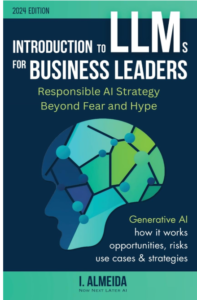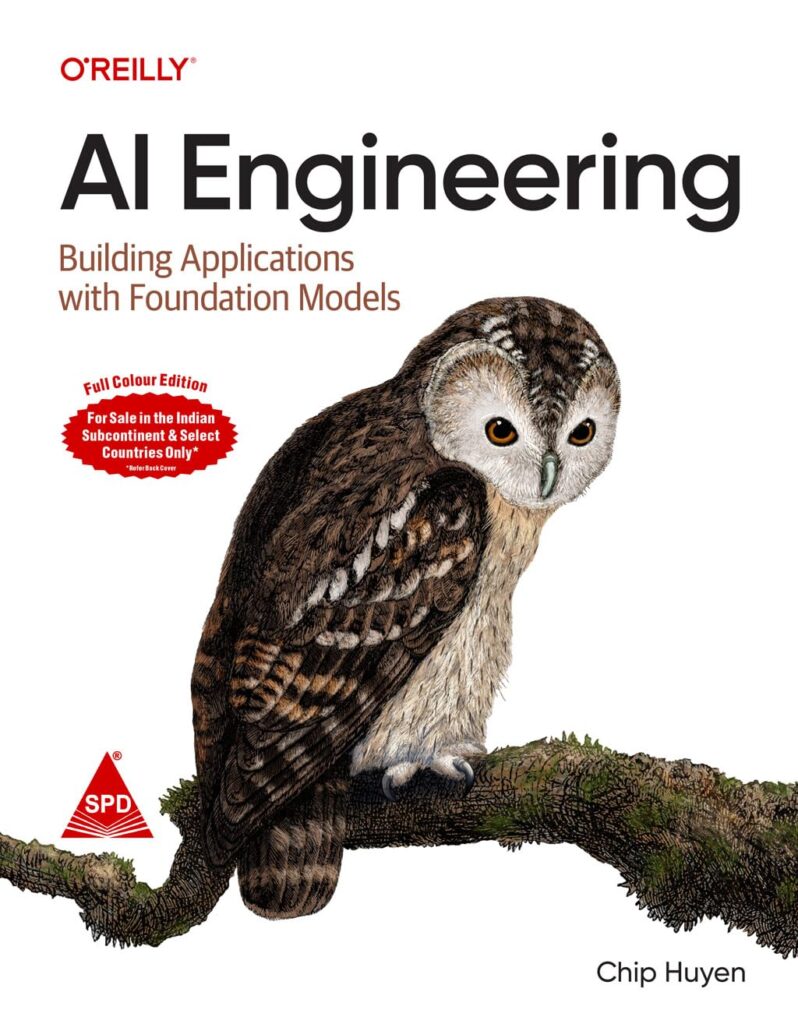Lottery Prediction Using Machine Learning
Lottery Prediction Using Machine Learning, Lotteries have been a popular form of gambling for centuries, offering individuals the chance to win life-changing amounts of money with just a small investment.
As technology advances, the question arises: could machine learning, a powerful tool in today’s world, be used to predict lottery results?
In this article, we delve into this intriguing topic and explore the concept of machine learning in the context of predicting lottery numbers.
Furthermore, we discuss a case study focused on the Kerala lottery number prediction, shedding light on the potential capabilities of machine learning algorithms.
Kerala Lottery Result Today » Live » Winning Numbers
Lottery Prediction Using Machine Learning
Machine learning is a branch of artificial intelligence that involves developing algorithms that can learn from and make predictions or decisions based on data.
It is driven by the idea that machines can automatically learn and improve from experience without being explicitly programmed.
These algorithms can identify patterns and relationships within data that may not be apparent to human observers, enabling them to make predictions with varying degrees of accuracy.
The Complexity of Lottery Results
Lottery results are determined by a complex set of factors, involving random number generation and often influenced by external variables beyond human control.
Predicting such results solely based on patterns or data analysis can be an arduous task, given the inherently unpredictable nature of lotteries.
However, this has not deterred researchers and enthusiasts from exploring the potential of machine learning in this domain.
Factors Affecting Lottery Results
Before delving into machine learning’s potential, it is important to understand the various factors affecting lottery results.
These factors include the selection method for generating the winning numbers, the pool of possible numbers, and the presence of supplementary numbers or bonus balls.
Additionally, external factors such as weather, ticket sales, or even subtle biases due to human involvement can influence the outcome. These complexities make predicting lottery results a formidable challenge.
Machine Learning Applications in Predicting Lottery Results
While predicting lottery results may seem like an impossible task, machine learning has shown promise in uncovering patterns and making reasonable predictions, albeit not with absolute certainty.
Researchers and data scientists have explored various approaches to tackle this problem, including the use of neural networks, regression models, and evolutionary algorithms.
Neural Networks: Unmasking Patterns
Neural networks are a type of machine learning model inspired by the human brain’s neural structure. These networks consist of interconnected nodes, or artificial neurons, that process and transmit information.
By training neural networks with historical lottery data, they can potentially uncover patterns or trends that might be invisible to the human eye. These patterns could then be used to predict future lottery numbers.
Regression Models: Estimating Probabilities
Regression models are another commonly used tool in machine learning for predicting numerical values.
By analyzing historical lottery data and identifying relevant features, such as the frequency of certain numbers or the time elapsed since a number’s previous appearance, regression models can estimate the probability of specific numbers being drawn in future lottery results.
While not foolproof, this approach provides a statistical framework for prediction.
Top 7 Skills Required to Become a Data Scientist
Evolutionary Algorithms: Mimicking Natural Selection
Evolutionary algorithms are inspired by the concept of natural selection and mimic the process of evolution to solve complex problems.
In the context of predicting lottery results, these algorithms iteratively generate and refine a set of potential solutions based on a fitness function.
Over time, they may fine-tune their predictions by adjusting parameters and selecting the best-performing models. This approach allows for a dynamic and adaptive prediction process.
A Case Study: Kerala Lottery Number Prediction
To illustrate the application of machine learning in predicting lottery results, we analyze a case study focused on the Kerala lottery.
This Indian state-run lottery is well-known for its complexity and unpredictability, making it an interesting subject for machine learning experiments.
Researchers have collected years of historical data on winning numbers, and by applying various machine-learning techniques, they have attempted to predict future results.
Data Preprocessing
In any machine learning project, data preprocessing plays a crucial role. To prepare the Kerala lottery data for analysis, researchers clean the dataset, handle missing values, and normalize the features.
They also explore correlations between past winning numbers and other variables to capture potential relationships that may affect future outcomes.
Feature Engineering
Feature engineering involves creating new features or transforming existing ones to enhance machine learning models’ predictive power.
In the case of the Kerala lottery, researchers have experimented with various features such as the sum or average of drawn numbers, temporal patterns in the occurrence of certain digits, and the distance between winning numbers.
These engineered features aim to capture patterns that can aid in predicting future lottery results.
Model Selection and Training
Once the data is prepared and the features are engineered, researchers select suitable machine learning models to predict Kerala lottery results.
These models include neural networks, regression models, or a combination of both.
The models are trained with the historical lottery data and fine-tuned using techniques like cross-validation or hyperparameter optimization, aiming to strike a balance between overfitting and underfitting.
Evaluation and Results
The performance of the predictive models is evaluated based on various metrics, such as accuracy, mean absolute error or precision.
Researchers compare the predicted lottery numbers with the actual results to gauge the effectiveness of their machine-learning approach.
While the results may not lead to accurate predictions every time, they provide insights into the potential relationships and patterns within the lottery data.
Conclusion
Predicting lottery results remains a challenging task due to the randomness and complexity inherent in the process.
Machine learning, however, offers a glimmer of hope by uncovering patterns and making reasonable predictions based on historical data.
While not a foolproof method, machine learning algorithms like neural networks, regression models, and evolutionary algorithms showcase the potential to enhance our understanding of lottery outcomes.
The Kerala lottery case study demonstrates how combining data preprocessing, feature engineering, and model training can provide valuable insights into this intriguing domain.
As technology advances and more data becomes available, the possibilities for machine learning in predicting lottery results may continue to evolve, pushing the boundaries of what is deemed possible.
Kerala lottery guessing number-How to choose Kerala lottery »


